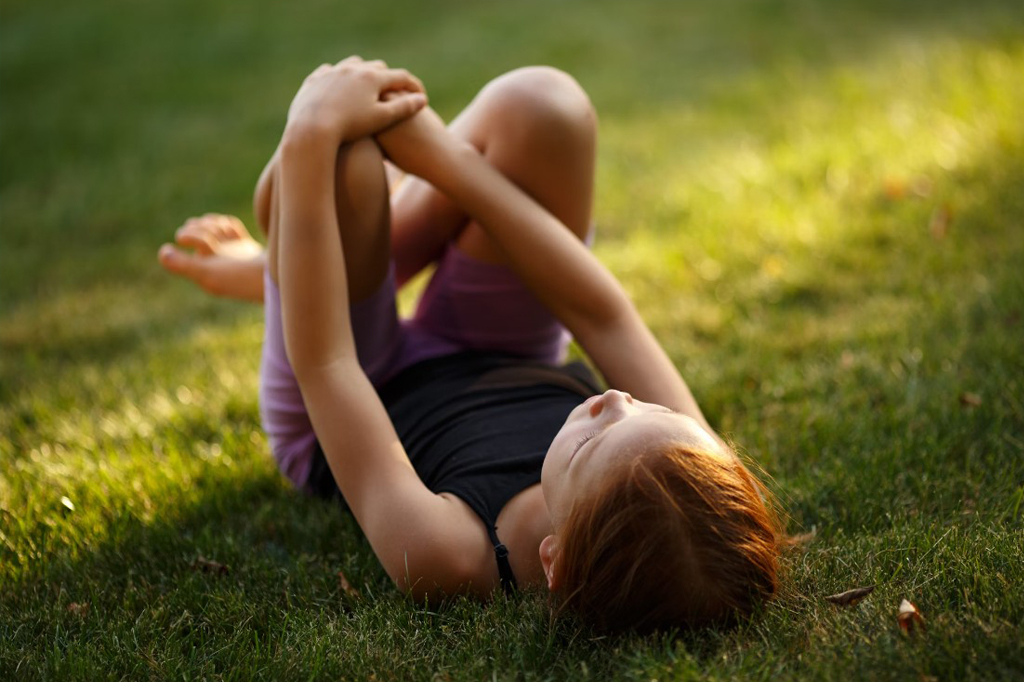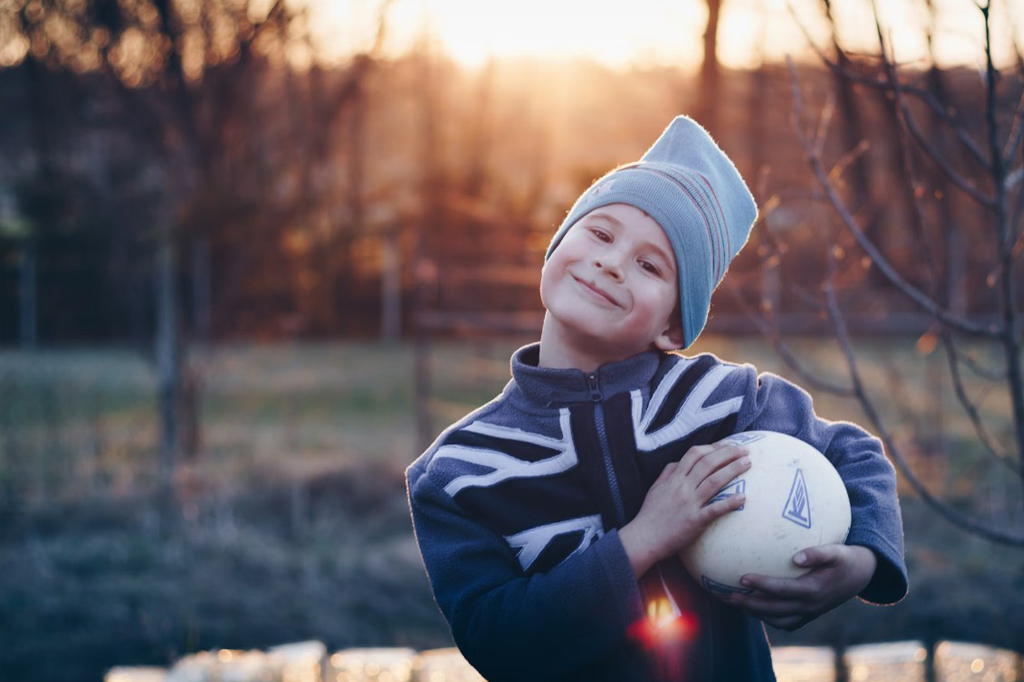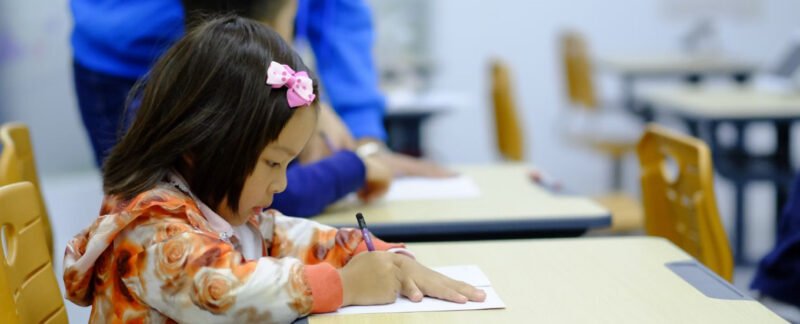Starting the day with a positive mindset can significantly impact a childs performance and overall experience at school. Gratitude and reflection are two powerful practices that can help children begin their day with a sense of purpose, positivity, and calm. Importantly, these practices do not need to be religiously based to be effective.
The Benefits of Secular Gratitude
Gratitude involves recognizing and appreciating the positive aspects of life. For children, practicing gratitude can lead to numerous benefits, regardless of the context:
Enhanced Emotional Well-being: Gratitude helps children focus on the positive aspects of their lives, fostering a sense of happiness and contentment. This positive outlook can reduce feelings of stress and anxiety, making it easier for them to handle the challenges of the school day.
Improved Relationships: When children express gratitude, they become more aware of the kindness and support they receive from others. This awareness can strengthen their relationships with peers, teachers, and family members, creating a supportive and nurturing environment both at home and at school.

Increased Resilience: Gratitude encourages children to view setbacks and challenges as opportunities for growth. By focusing on what they are grateful for, they can develop a more resilient mindset, enabling them to bounce back from difficulties with greater ease.
The Benefits of Secular Reflection
Reflection involves thinking deeply about one’s experiences, actions, and emotions. For children, practicing reflection can lead to significant personal growth and self-awareness:
Self-awareness and Insight: Reflecting on their thoughts and feelings helps children gain a better understanding of themselves. This self-awareness can lead to more informed decision-making and a greater sense of control over their actions and reactions.
Enhanced Learning: Reflection allows children to review and analyze their academic experiences, helping them identify areas of strength and areas for improvement. This process can lead to better study habits and a more effective approach to learning.
Emotional Regulation: By reflecting on their emotions, children can develop better strategies for managing their feelings. This can lead to improved emotional regulation, reducing the likelihood of emotional outbursts or disruptive behaviour in the classroom.
Implementing Secular Gratitude and Reflection in Morning School Routines
Let us together learn how incorporating secular gratitude and reflection into classroom morning routines can benefit children, enhance their academic performance, and improve their emotional well-being.
Incorporating gratitude and reflection into morning routines into classroom morning routines can benefit children, enhance their academic performance, and improve their emotional well-being. as it can set a positive tone for the rest of the day. Here are some practical strategies for parents and educators to implement these practices in a secular context:
Gratitude Journals: Encourage children to keep a gratitude journal where they can write down three things they are grateful for each morning. This simple practice can help them start the day with a positive mindset and a sense of appreciation for the good things in their lives.
Morning Reflection Time: Set aside a few minutes each morning for children to reflect on their thoughts and feelings. This can be done through guided questions, such as “What are you looking forward to today?” or “What did you learn from yesterday?” This practice can help children become more mindful and intentional about their day.

Gratitude and Reflection Discussions: Engage children in discussions about gratitude and reflection during breakfast or on the way to school. Asking open-ended questions and encouraging them to share their thoughts can promote deeper reflection and a greater sense of connection.
Mindfulness and Meditation: Incorporating mindfulness and meditation exercises into morning routines can enhance the benefits of gratitude and reflection. Simple breathing exercises or guided meditations can help children center themselves and approach the day with calm and focus.
The Impact on Academic Performance and School Experience
Practicing gratitude and reflection in the mornings can have a profound impact on childrens academic performance and overall school experience:
Improved Focus and Concentration: Starting the day with a positive and reflective mindset can help children maintain better focus and concentration in the classroom. This can lead to improved academic performance and a greater ability to absorb and retain information.
Positive Classroom Environment: When children practice gratitude and reflection, they are more likely to contribute to a positive and supportive classroom environment. Their positive attitude and self-awareness can influence their peers, creating a more collaborative and respectful learning atmosphere.
Enhanced Problem-solving Skills: Reflection encourages children to think critically and analyze their experiences. This can enhance their problem-solving skills, enabling them to approach academic challenges with greater creativity and confidence.
Increased Motivation and Engagement: A positive and reflective mindset can increase childrens motivation and engagement in their schoolwork. When they start the day with a sense of purpose and appreciation, they are more likely to approach their studies with enthusiasm and determination.
I am going to implement a new approach to enhance childrens daily lives by incorporating gratitude and reflection into their morning routines. By starting each day with practices that encourage recognizing and appreciating the positive aspects of their lives, children will develop a mindset focused on positivity. This emphasis on gratitude will help improve their emotional regulation and self-awareness, fostering a greater sense of contentment and resilience.
Encouraging gratitude and reflective thinking will enable children to appreciate the small joys and achievements that might otherwise go unnoticed, promoting a more optimistic outlook. These practices will not only help children develop essential life skills, such as better emotional regulation and increased resilience, but also contribute to a more supportive and effective learning environment. By integrating these habits into their daily routines, we can help children thrive both academically and personally, fostering the growth of well-rounded, emotionally intelligent individuals who are better equipped to navigate lifes complexities.
